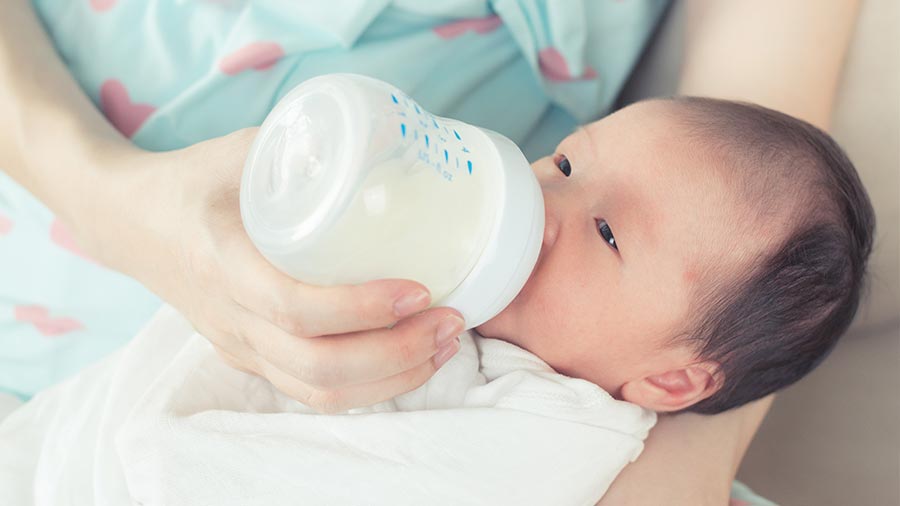China to Simplify Forex Control System
Sept. 19 – China is set to kick off a reform of its foreign exchange control system for international trade in pilot areas, in a move to bring increasing efficiency to traders and strengthen the information sharing system for foreign exchange control.
The State Administration of Taxation (SAT), the State Administration of Foreign Exchange (SAFE) and the General Administration of Customs (GAC) co-issued the “Announcement on the Pilot Reform of the Foreign Exchange Control System for International Trade in Goods (SAFE Announcement [2011] No.2)” on September 9, 2011, stating that the provinces of Jiangsu, Shandong, Hubei, Zhejiang (excluding Ningbo) and Fujian (excluding Xiamen) as well as the cities of Dalian and Qingdao will become the pilot areas for the trial reform starting on December 1, 2011.
The reform – which allows export enterprises in pilot areas to forego verification and write-off procedures for export proceeds in foreign exchange, and also simplifies paperwork requirements for export tax rebates – will cover the following aspects:
Reform of foreign exchange management method for trade in goods
Exporters in pilot regions shall follow the “Guidelines for the Pilot Foreign Exchange Control for Trade in Goods” and the document of implementation details for the Guidelines. Under the two documents, enterprises will no longer be asked to go through verification and write-off procedures for export proceeds in foreign exchange.
In addition, while local foreign exchange bureaus used to verify and write-off foreign exchange earnings and payments in every single trade transaction, after December 1 they will start conducting off-site verification on an enterprise’s aggregate foreign exchange balance and supervise its goods flow and fund flow through the official monitoring system.
Dynamic classified management of enterprises in pilot areas
Enterprises rated “A” by local foreign exchange authorities will enjoy simplified procedures when paying or receiving foreign exchange during trade transactions. In contrast, enterprises rated “B” and “C” will face stricter supervision on their foreign exchange payment and receipt.
Simplified requirements on vouchers for export tax rebates
When applying for export tax rebates, export enterprises in pilot areas will no longer be asked to provide the paper verification and write-off form for export proceeds in foreign exchange.
Adjustment to export declaration process
Although enterprises in pilot areas will still be required to provide the verification and write-off form for export proceeds in foreign exchange when going through their Customs declaration process, Announcement No.2 says such requirement will be cancelled when the pilot reform goes national.
Joint supervision among relevant government departments
The SAFE vows to strengthen cooperation with the SAT and the GAC through better information sharing and stronger coordination in an effort to crack down on illegal cross-border capital flow, tax fraud and smuggling.
Dezan Shira & Associates is a boutique professional services firm providing foreign direct investment business advisory, tax, accounting, payroll and due diligence services for multinational clients in China, Hong Kong, Vietnam and India. For more information on foreign exchange or cross-border settlements, please email info@dezshira.com, visit www.dezshira.com, or download the firm’s brochure here.
This article is also available on Dezan Shira & Associates’ online business resource library. To view the article, and other regulatory updates, please click here.
Related Reading
SAFE Requires Additional Documents for Foreign Exchange Settlement
SAFE Reforms Verification and Write-off System for Import Payment in Foreign Exchange
- Previous Article Conducting Due Diligence in China and India
- Next Article What Happens to Emerging Asia if the Euro Zone Breaks Up?


























